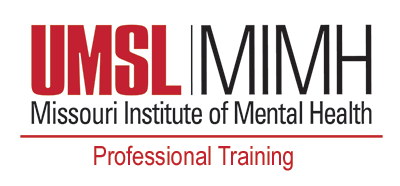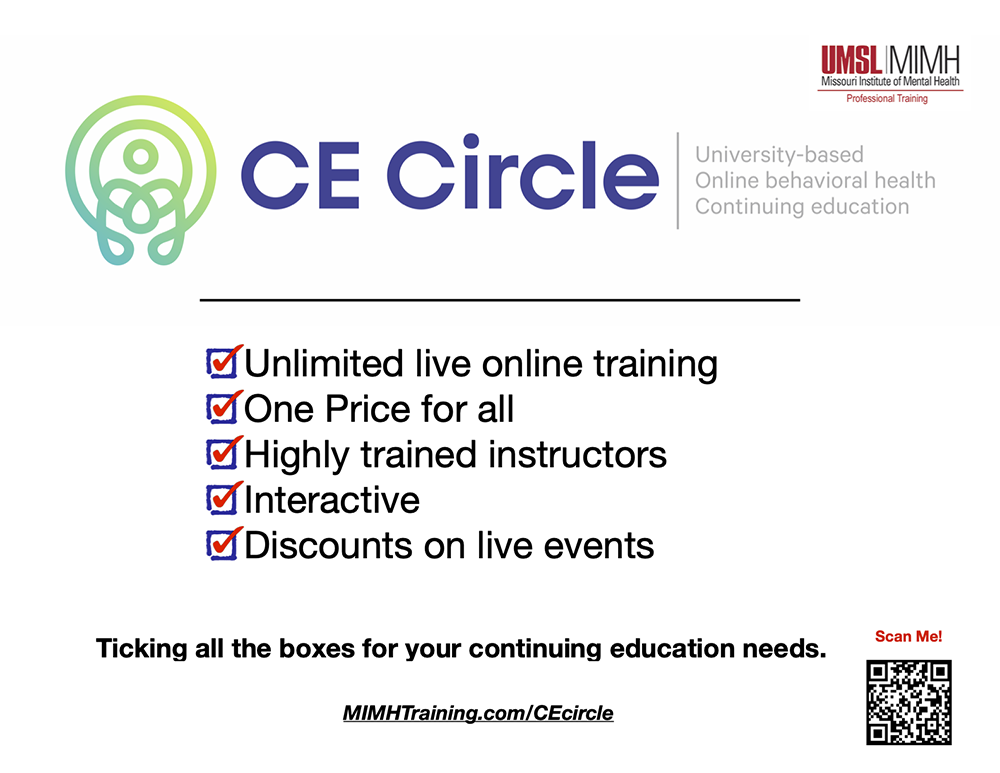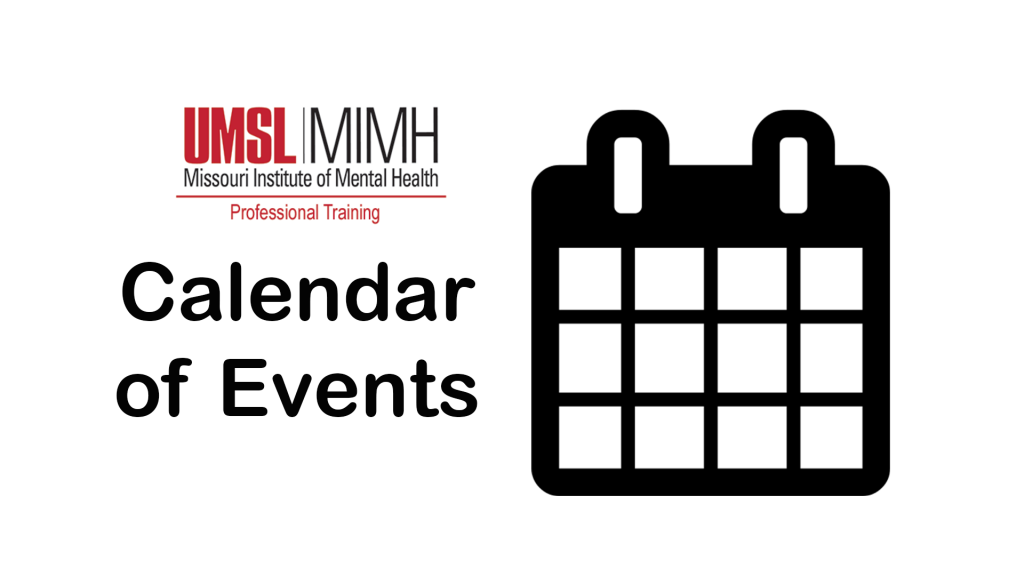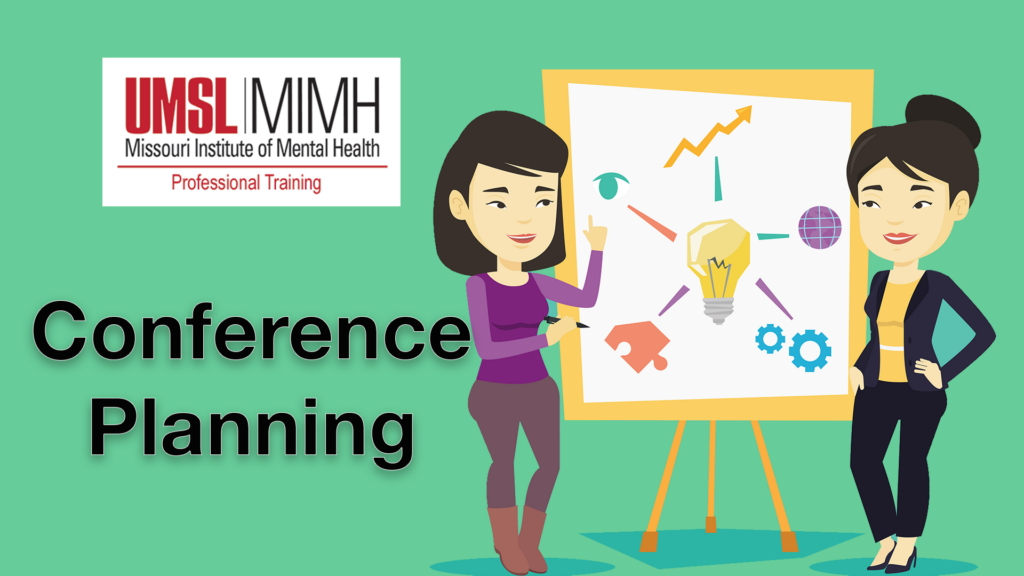After losing one son to suicide and another in combat within eight months of each other, Major General Graham made it his mission to help prevent other families from facing the same sort of tragedies. Together with his wife, Carol, and his daughter, Melanie, Major General Graham works to raise awareness about untreated depression in the military and the rising number of military suicides. The Grahams have become advocates for soldiers who suffer from post-traumatic stress disorder, traumatic brain injury, and other mental health illnesses. In this DVD, Major General Graham will share his personal story of loss and relate how his family is leading the fight to reduce military suicides.
